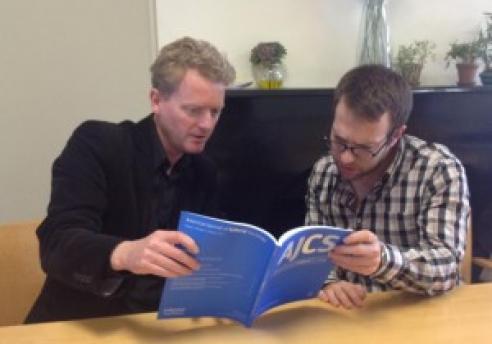
The American Journal of Cultural Sociology aims to provide a single space where cultural sociologists can follow the latest developments and debates within the field.
Editors
Jeffrey C. Alexander, Department of Sociology, Yale University, USA
Ronald N. Jacobs, Department of Sociology, University at Albany, State University of New York, USA
Philip Smith, Department of Sociology, Yale University, USA
Managing Editor
Cassandra Sever, Department of Sociology and Anthropology, Mount Holyoke College, USA
|
Volume 1, Issue 1 (February 2013) Volume 2, Issue 1 (February 2014) Volume 3, Issue 1 (February 2015) Volume 4, Issue 1 (February 2016) Volume 5, Issue 1-2 Special Issue: Inequality (March 2017 Volume 6, Issue 1 (February 2018) Volume 7, Issue 1 (April 2019) Volume 8, Issue 1 Special Issue: Cognition and Culture (April 2020) |
Volume 9, Issue 1 (March 2021) Volume 10, Issue 1 (March 2022) Volume 11, Issue 1 (March 2023) Volume 12, Issue 1 (March 2024) Volume 13, Issue 1 (March 2023) Symposium: Cultural Sociology of Turkey (164 - 238) |
Follow us on Twitter!
Editorial Statement
From modernity’s onset, social theorists have been announcing the death of meaning, at the hands of market forces, impersonal power, scientific expertise, and the pervasive forces of rationalization and industrialization. Yet, cultural structures and processes have proved surprisingly resilient. Relatively autonomous patterns of meaning – sweeping narratives and dividing codes, redolent if elusive symbols, fervent demands for purity and cringing fears of pollution – continue to exert extraordinary effects on action and institutions. They affect structures of inequality, racism and marginality, gender and sexuality, crime and punishment, social movements, market success and citizen incorporation. New and old new media project continuous symbolic reconstructions of private and public life.
As contemporary sociology registered the continuing robustness of cultural power, the new discipline of cultural sociology was born. How should these complex cultural processes be conceptualized? What are the best empirical ways to study social meaning? Even as debates rage around these field-specific theoretical and methodological questions, a broadly cultural sensibility has spread into every arena of sociological study, illuminating how struggles over meaning affect the most disparate processes of contemporary social life.
Bringing together the best of these studies and debates, the American Journal of Cultural Sociology publicly crystallizes the cultural turn in contemporary sociology. By providing a common forum for the many voices engaged in meaning-centered social inquiry, the AJCS will facilitate communication, sharpen contrasts, sustain clarity, and allow for periodic condensation and synthesis of different perspectives. The journal aims to provide a single space where cultural sociologists can follow the latest developments and debates within the field.
We welcome high quality submissions of varied length and focus: contemporary and historical studies, macro and micro, institutional and symbolic, ethnographic and statistical, philosophical and methodological. Contemporary cultural sociology has developed from European and American roots, and today is an international field. The AJCS will publish rigorous, meaning-centered sociology whatever its origins and focus, and will distribute it around the world.